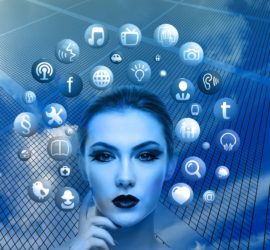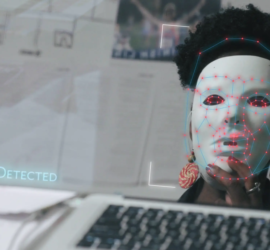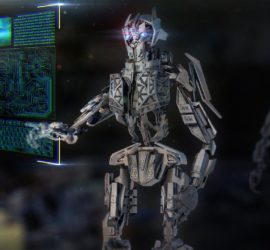New Research Makes Recommendations For AI Governance. Surprisingly, Google Is One Of The Report’s Collaborators
The Sustainable Development Goals called for technology to be internationally co-operative and equitably distributed. Now, the Association of Pacific Rim Universities (APRU) and the United Nations Economic and Social Commission for Asia and the Pacific (UN ESCAP) have taken that mandate and ran the ball further down the field. The two organizations also enlisted the help of a hugely influential tech-firm in their endeavors. Five years after the initial SDG announcement, Google, APRU AND ESCAP released a new research-based report titled ‘AI for Social Good―A United Nations ESCAP-APRU-Google Collaborative Network and Project.’







